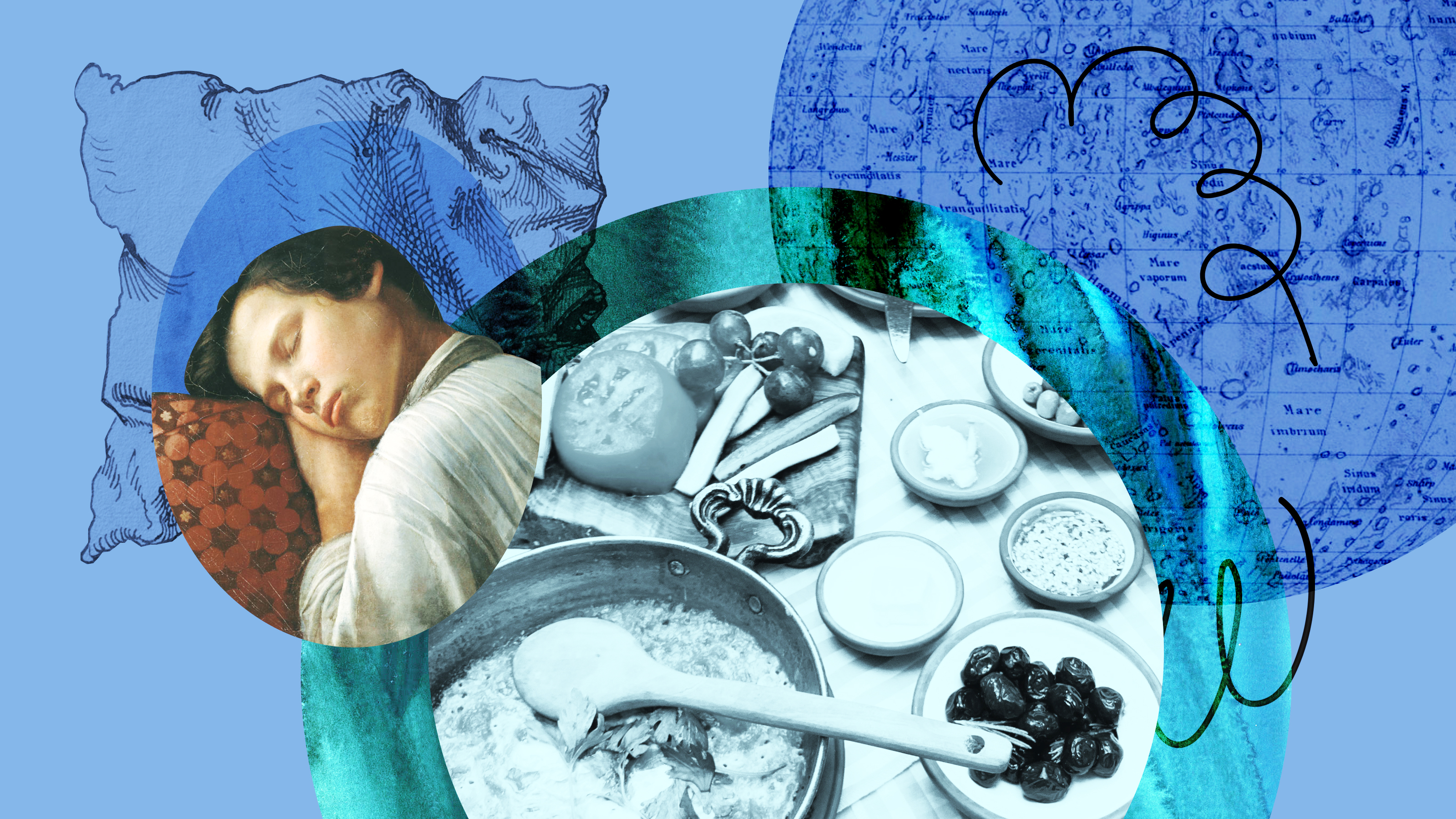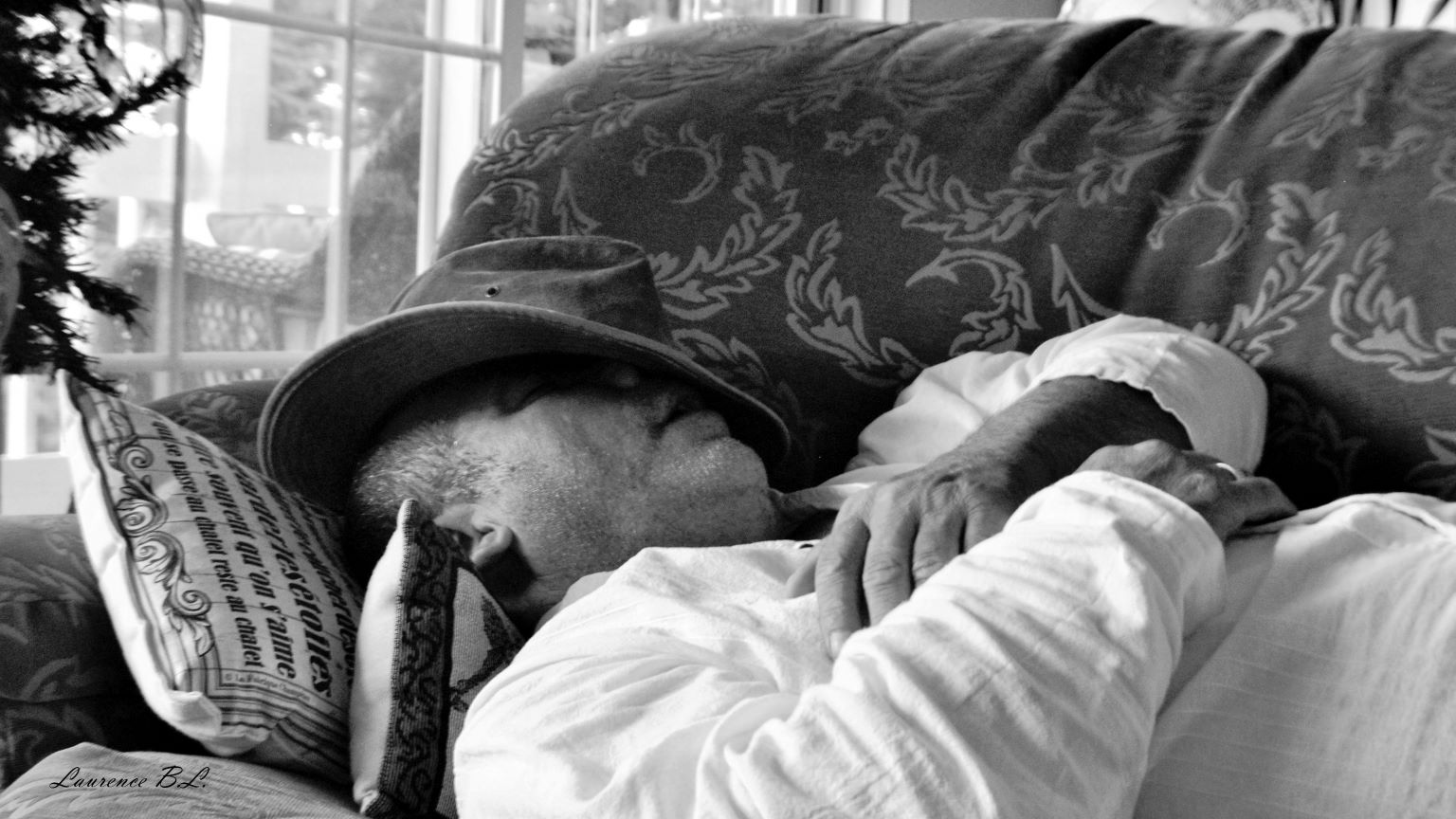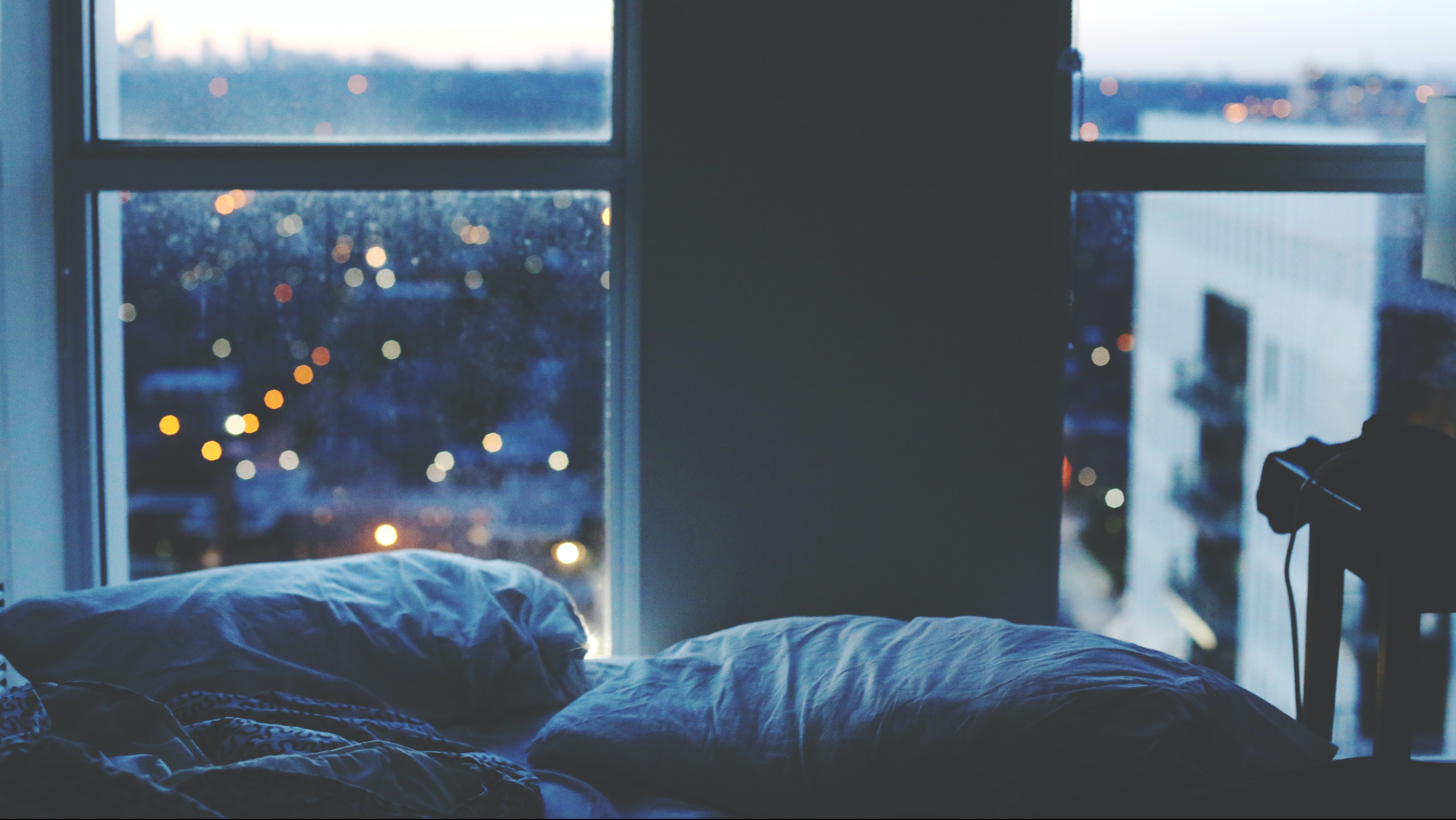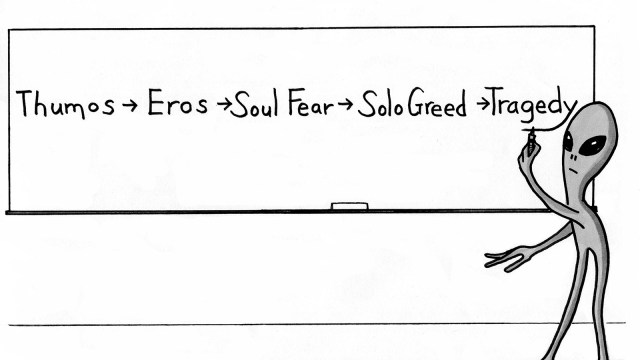Why We Need More Sleep

Of the many pieces of folk wisdom handed down through the generations, the necessity of sleep is of primary importance. While sleep research was effectively in the dark (pun presented but not intended) for eons, the list of benefits of a good night’s sleep—better memory retention; stronger immune system functioning; better attentional control; less aggressive and impulsive behavior; less need for sugars and carbs, implicated in willpower studies—has changed our understanding of the time we spend “doing nothing.”
Which is why new research published in the journal, Sleep Medicine, should be alarming. Thanks to the increased usage of social media and smartphones, teenagers are losing sleep at alarming rates. While seven hours a night is recommended for adults, adolescents require nine, given the continuing formation of brain circuitry, especially the prefrontal cortex where many rational decisions are made. We don’t make the best choices when groggy.
Analyzing a whopping 360,000 teenagers, a team led by San Diego State University Professor of Psychology Jean Twenge found that 40 percent of teens slept less than seven hours a night in 2015. Teens who spend five hours or more a day online were significantly more likely to fall into this group than teens online for an hour or less.
This disastrous phenomenon is not limited to teens. As Twenge concludes,
Given the importance of sleep for both physical and mental health, both teens and adults should consider whether their smartphone use is interfering with their sleep. It’s particularly important not to use screen devices right before bed, as they might interfere with falling asleep.
Forty percent is also not a number limited to teens. Turns out that’s also the total number of Americans getting less than seven hours of sleep every night. Respondents 65 and older were in the highest group, with 67 percent claiming at least seven hours, while parents of young children and lower-income workers struggle to achieve that number. Young adults also fall short of the mark.
This has led sleep scientist Matthew Walker to proclaim a disturbing reality for many young Americans today:
Not only does sleep disruption play a role in the declining mental abilities that typify Alzheimer’s disease, but getting enough sleep is one of the most important factors determining whether you will develop the condition in the future.
Walker points to the fact that sleep helps memories become solidified in the architecture of the brain. The creation of long-term memories is integrated from experiences into the fabric of your history, and therefore identity, though the process of sleep.
Yet humans are terribly complacent when considering best practices involving the future. A smoker knows cancer is likely around the corner, yet puffs anyways; the same goes for alcoholics and cirrhosis, obesity, and other diseases. Most drivers recognize that texting while behind the wheel results in over 400,000 injured or dead every year, yet that’s always the other person—it could never happen to me. Chances that you’ll ply the phone from a teen or adult with a promise of decreased risk of dementia decades from now are minimal.
But the lack of sleep is harming us, now. The National Sleep Foundation estimates that 47 million Americans don’t get restorative sleep, with real world consequences: our insomnia costs the US eighteen billion dollars a year in lost productivity and accidents. Speaking of accidents, 20 percent of car crashes—1.2 million—are attributed to tired drivers.
Preempting the problem with sleeping pills is not the path forward. Pills like Ambien and Rozerem have been shown to only increase sleep seven to nineteen minutes per night, with a host of attendant side effects (including, amazingly, insomnia).
Sleep is such big business that it is now considered a sign of status. On certain days I work in Beverly Hills and Hollywood, regions of Los Angeles where plastic surgeries that make you look inhuman are markers of affluence. That something as basic and primary as a good night’s sleep is now part of our fragmented cultural milieu is highly disturbing. We live in a competitive society already. Bragging about your proficiency in being unconscious is not a sign of a developed mind.
We should all be getting a good night’s rest. If that means restructuring society to accommodate such a goal, so be it. Rising rates of inattention and dementia are not helping our economy, relationships, or much of anything. In a nation that has offered so much to science, that we can’t get the basics down is a dangerous signal that something is systemically wrong.
—
Derek is the author of Whole Motion: Training Your Brain and Body For Optimal Health. Based in Los Angeles, he is working on a new book about spiritual consumerism. Stay in touch on Facebook and Twitter.





